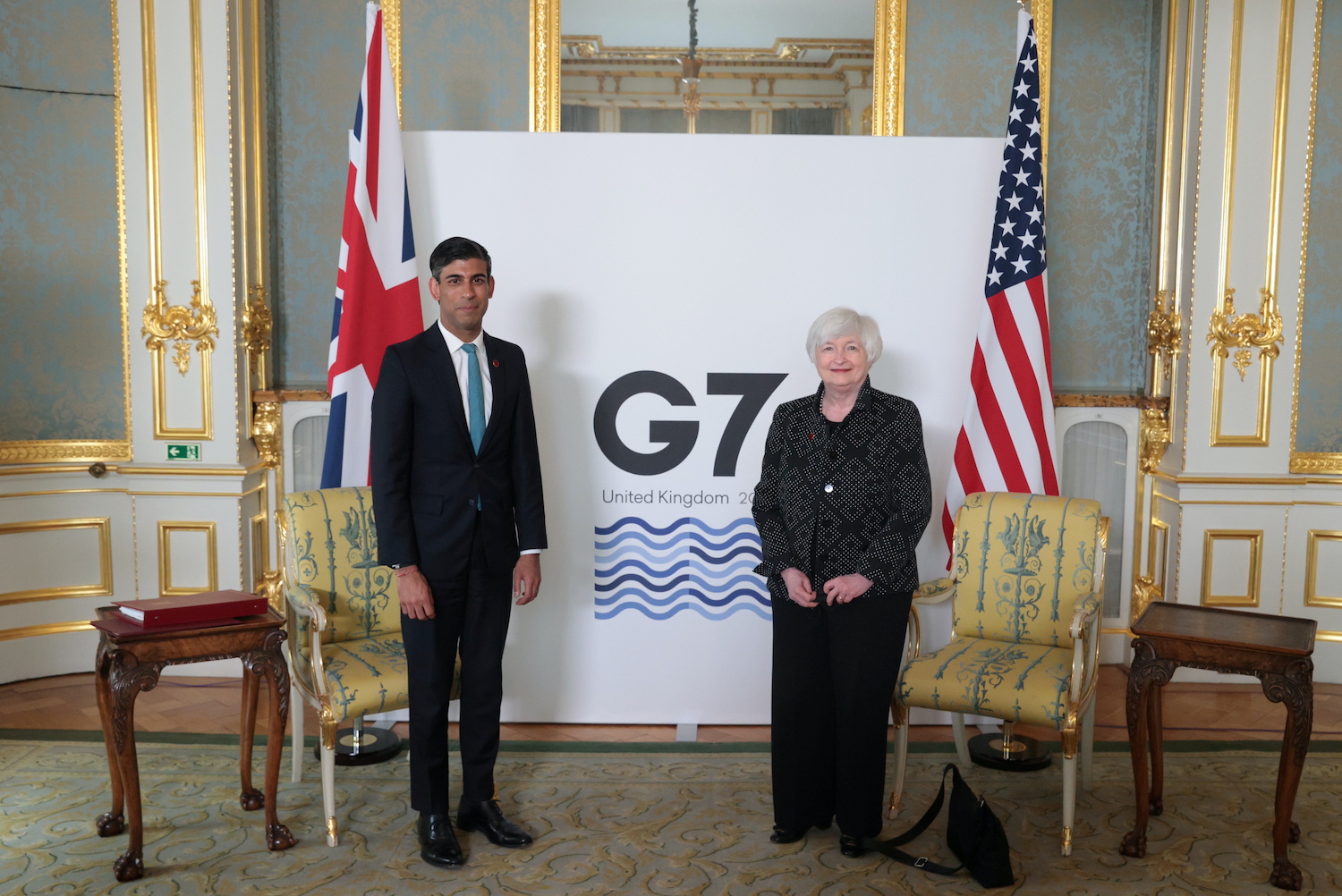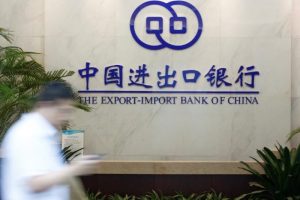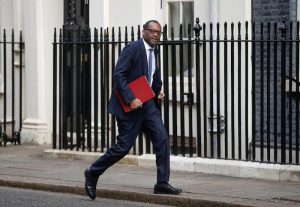Rishi Sunak highlights £40-trillion ($55-trillion) Chinese financial services sector as a target for UK firms, as potential deal with EU fails
(AF) UK Chancellor of the Exchequer Rishi Sunak called for a “mature and balanced relationship” with China that helps British firms to exploit “the potential of a fast-growing financial services market with total assets worth £40 trillion” ($55 trillion) in a speech on Thursday July 1.
The UK finance minister acknowledged in his annual Mansion House policy speech in London that a potential deal for mutual financial services recognition with the European Union (EU) has failed.
Sunak set out alternative plans for an independent financial services policy for the UK and spent more time discussing opportunities in China than the US, which is the UK’s most important bilateral partner.
He attempted to frame the opportunity to sell financial services to China within a context of maintaining principles such as openness and commitment to a rules-based order.
“Too often, the debate on China lacks nuance,” Sunak said. “Some people on both sides argue either that we should sever all ties or focus solely on commercial opportunities at the expense of our values. Neither position adequately reflects the reality of our relationship with a vast, complex country, with a long history.”
Sunak highlighted the appeal of China’s financial services market for UK firms, as well as the need to cooperate on global issues like health, ageing, climate and biodiversity.
He seemed to effectively offer China the opportunity to agree different financial services terms with the UK than the EU, now that Brexit has arrived without a deal on mutual recognition of standards across Europe – which was the former target of “equivalence” of regulation.
“It is precisely because we’re taking steps to protect our domestic economic resilience that we can pursue with confidence an economic relationship with China in a safe, mutually beneficial way without compromising our values or security,” Sunak said.
Threading a path between the regulatory regimes in the bigger economic blocs in the EU and US may prove to be challenging for the UK.
Trading volume moves from UK
A substantial amount of EU equity trading volume moved from London to Amsterdam and Paris when the Brexit transition period ended on January 1; some over-the-counter derivatives dealing has shifted to New York because of rules affecting European bank subsidiaries in the UK; and London missed out on the boom in special purpose acquisition company (SPAC) launches in 2020 and the first quarter of 2021 because of restrictive listing rules.
London remains the second most active financial centre in the world after New York, however, and dominates key global markets such as foreign exchange trading.
And Sunak’s Treasury department made some concrete proposals to accompany his speech on July 1, with the endorsement of the Bank of England and the Financial Conduct Authority.
The Treasury intends to make changes in particular to the Mifid II rules that were introduced by the EU in 2018 and have drawn complaints across the financial industry for being cumbersome and expensive.
Changes to listing rules for equity issues in London are also expected, along with adjustments to the EU’s Solvency II regulations for the insurance industry.
























